Mangalore, August 15: The Independence Day celebration programme under the auspices of district administration was held at Nehru Maidan in the city on Wednesday.
C T Ravi, district in charge minister for Dakshina Kannada, hoisted the national flag.
In his Independence Day message to the people of the district, Mr. Ravi recalled the contributions of the people who fought for the freedom of the country with a special mention of freedom fighters from the district such as Rani Abbakka, Karnad Sadashiva Rao, Kamaladevi Chattopadhyaya and Barister Attavara Yellappa.
Development of a state is measured in terms of development of basic facilities and infrastructure, Mr.Ravi said, giving a list of works undertaken by the BJP led state government in its four year tenure. Besides giving loans to fishermen at lower interest rates, aid to farmers under Suvarna Bhoomi Project, setting up of 50 new fish markets in the state, free bicycles for schoolchildren, setting up of Karnataka Maritime Board, and other services, the state government has also introduced the 'Sakaala' service to address people's woes in time, he said. The government aims at making Karnataka the numero uno state in the country, the minister said.
Many more projects for the development of the district are in the pipeline including 3D Planetarium at Pilikula, Hanging bridge between Sultan Battery and Tannirbavi, synthetic track at Mangala Stadium, construction of Ranga Mandira, construction of Guest House at Kukke Subramanya temple, construction of mini Vidhana Soudha at Sullia, besides other projects Mr. Ravi said. Under the Chief Minister's Special Grants Programme, Rs. 96 crore has been released, from which 217 of 265 works have been completed, he said. The state government has kept its word of abolishing Moolageni system in Udupi by enacting laws for the purpose, the minister added.
Mr. Ravi was given a guard of honour by police, NCC cadets and other battalions on the occasion. The first prize for march past was bagged jointly by the NCC Air Wing (junior) team led by Charan Raj and Road Safety Patrol (boys) team led by Santosh U Shet. The second prize was won by NCC Navy (junior) team led by Salman. Other achievers were also felicitated on the occasion.
Karkala's Ratnakar Naik of Indian Aeromodeling Society operated a mini helicopter to pay floral tributes to the national flag on the occasion. The spectacular display of helicopter operation caught public attention on the occasion.
DK Deputy Commissioner Dr. N S Chennappa Gowda, Seemanth Kumar Singh, Mangalore City Police Commissioner, Pratap Reddy, IGP (Western Range), Abhishek Goyal, DK SP, Deputy Mayor Amita Kala, Harish Kumar, MCC Commissioner, N Yogish Bhat, MLA and Deputy Speaker of Legislative Assembly, U T Khader, MLA, K T Shailaja Bhat, President, DK Zilla Panchayat, Dr. Vijayprakash, CEO, DK Zilla Panchayat, Bhavya Poojary, President, Taluk Panchayat, were present among others.
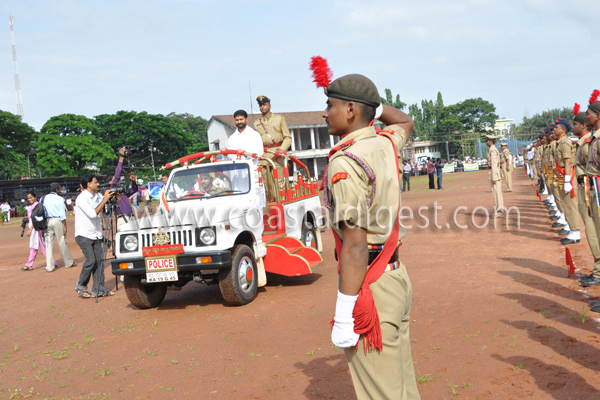
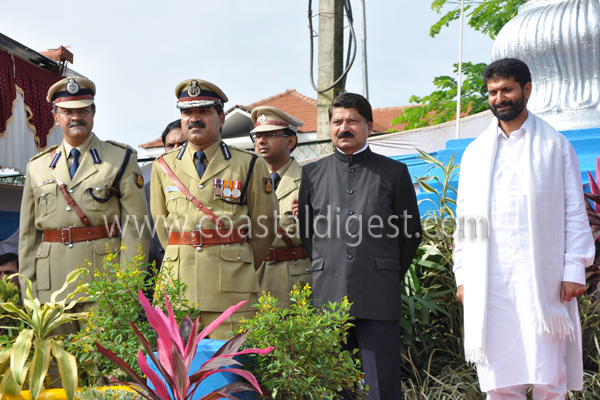
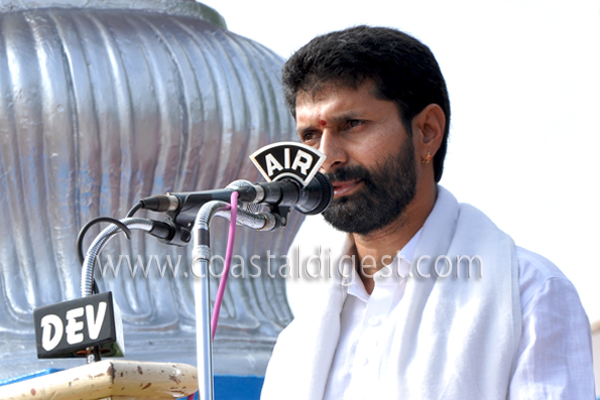
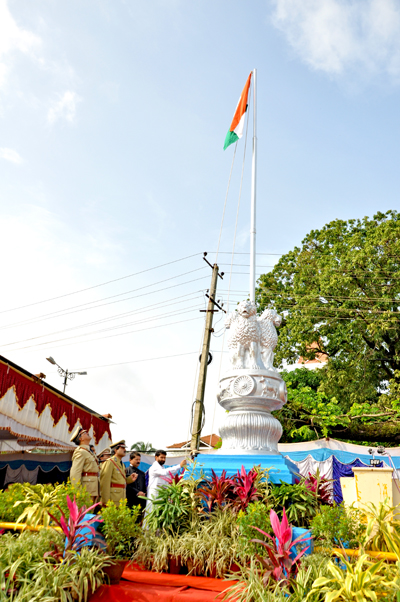
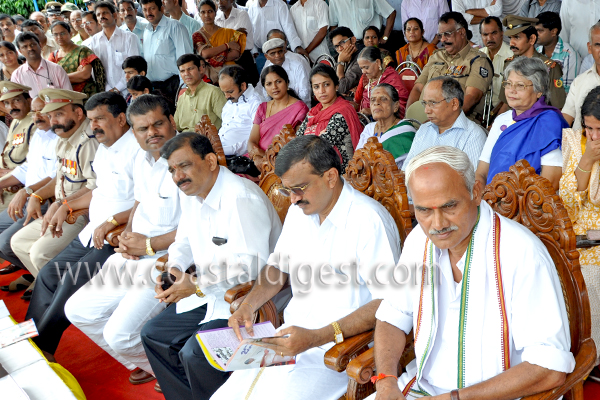
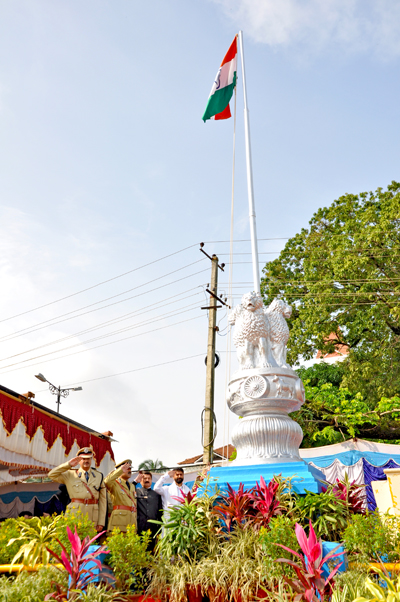
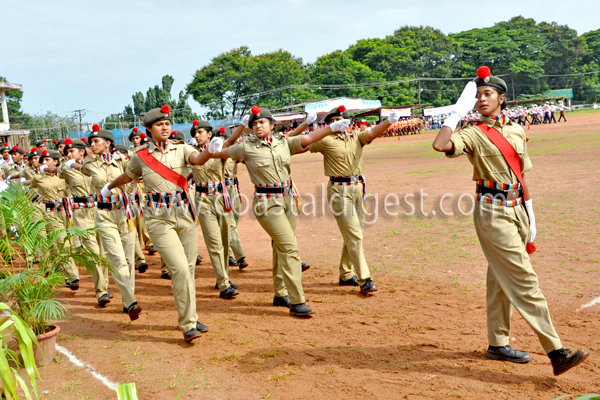
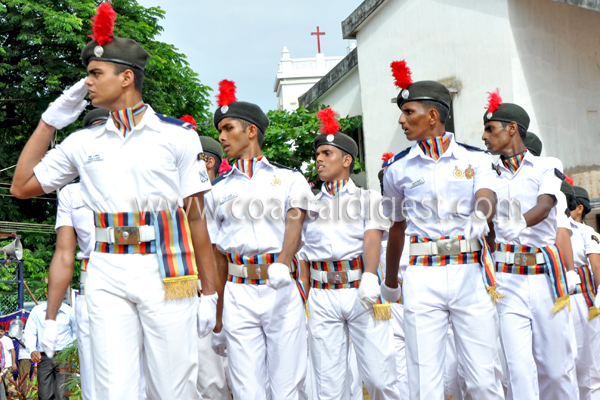
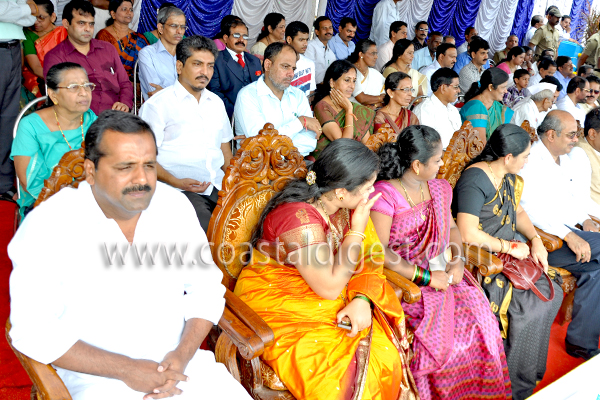
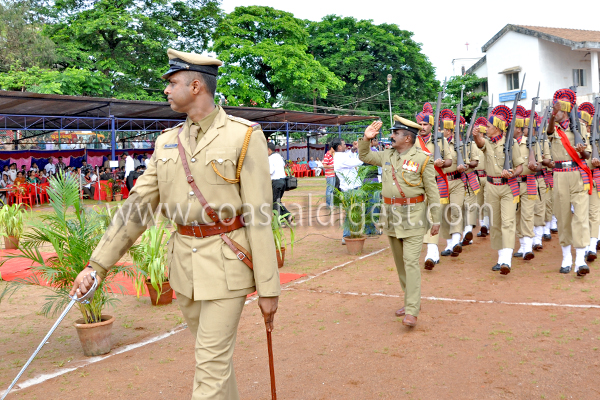
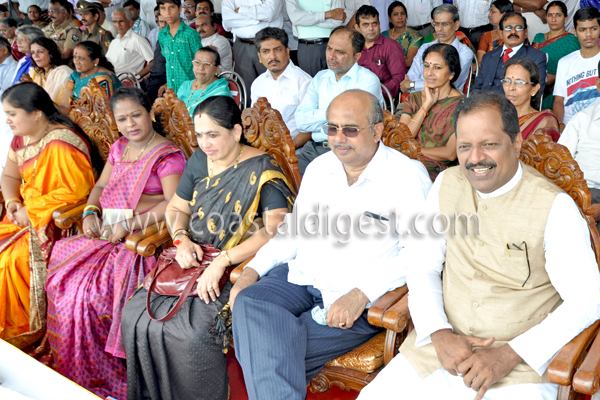
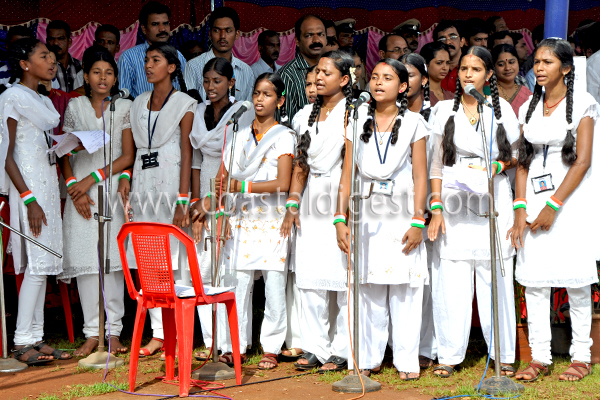
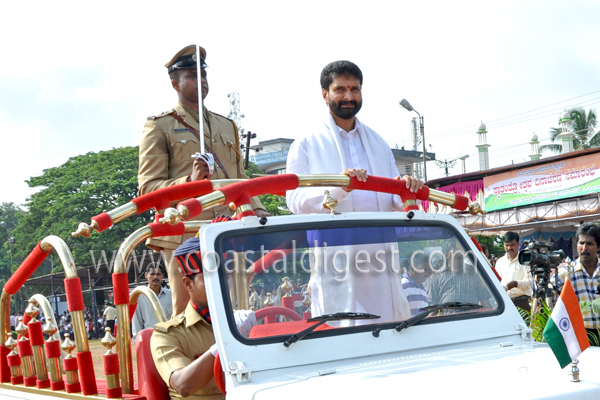
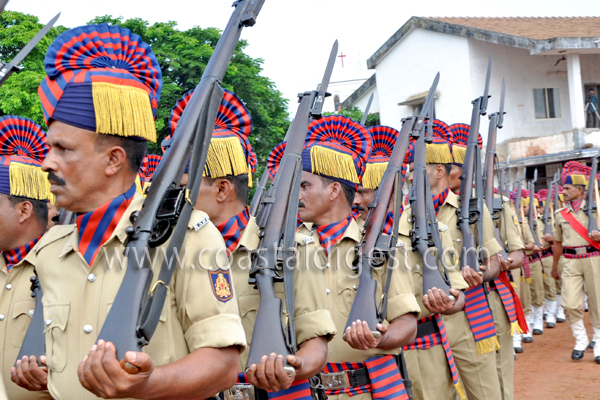
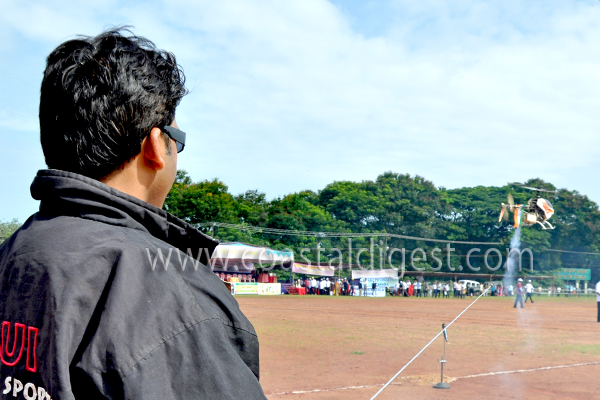
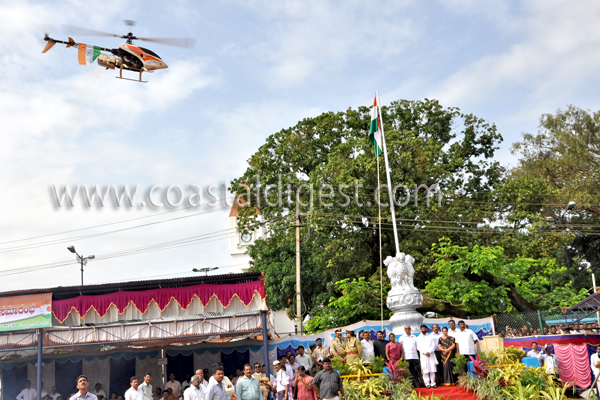
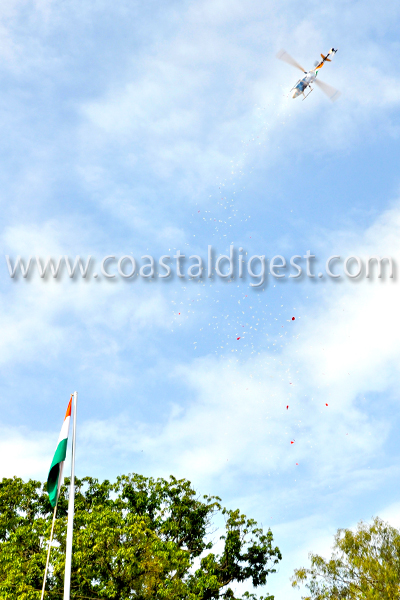
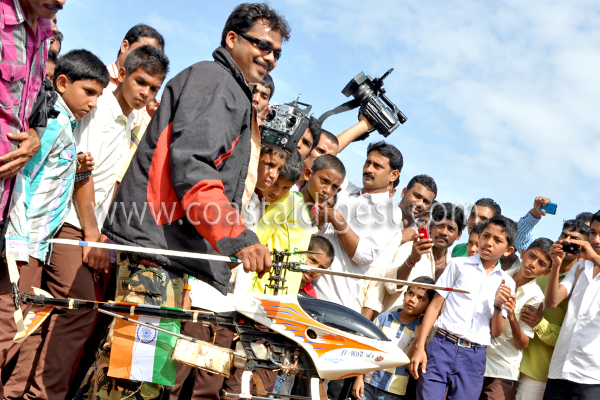





Comments
Add new comment